Are you ready to unlock your best smile yet? The journey to dental perfection has never been more accessible, thanks to clear aligners! These virtually invisible orthodontic wonders are transforming smiles around the globe—but achieving that flawless finish requires a little TLC. Whether you’re just starting your aligner adventure or looking for tips to enhance your care routine, this beginner’s guide is here to help you navigate the path toward dental brilliance. Get ready to dive into essential maintenance hacks and expert advice to keep your aligners in top shape while ensuring every step brings you closer to the radiant smile of your dreams.
Clean Your Aligners Daily
Let’s start with the basics—cleaning your aligners daily is a must. Just like you wouldn’t skip brushing your teeth, you shouldn’t skip cleaning your aligners. They can easily collect bacteria, plaque, and food particles throughout the day, which is not only bad for your teeth but can also cause your aligners to smell funky. To clean your aligners, use a soft-bristle toothbrush and lukewarm water. Avoid using toothpaste as it can be too abrasive and scratch the surface of the aligners. You can use specialized cleaning crystals or tablets to soak them in for an extra deep clean, which is especially helpful for keeping them clear and fresh.
Avoid Hot Water and Staining Foods

Your aligners are made from plastic; while they’re sturdy, they’re not invincible. Exposing them to hot water can warp the material, ruining the fit and affecting your treatment progress. Stick to lukewarm or cold water when cleaning or rinsing them. Another thing to watch out for is staining foods and drinks. Dark liquids like coffee, tea, red wine, and soda can stain your aligners, making them less invisible. Removing your aligners whenever you eat or drink anything other than water is a good idea. After meals, be sure to brush your teeth before popping them back in to avoid trapping food particles between your teeth and the aligners.
Wear Them as Prescribed
One of the best perks of clear aligners is the flexibility to take them out, but don’t take too much advantage of that freedom. For your treatment to work as planned, you must wear your aligners for the recommended 20 to 22 hours daily. Skipping out on wearing them can extend your treatment time or cause setbacks in your progress. It might be tempting to leave them out for long periods during social events or meals but remember—the more consistent you are, the faster you’ll see results. So, try to stick to the schedule and only take them out when necessary.
Store Your Aligners Safely
When your aligners are not in your mouth, they should always be safely stored in their case. This is what this dentist East Finchley always firmly suggests. It’s easy to accidentally misplace or damage them if you leave them lying around on a napkin or countertop. And trust me, you don’t want to deal with the hassle of losing a set of aligners. Always keeping the case with you is the best way to protect them. Most services recommend using a case designed to keep your aligners safe. It would help to clean the case regularly to prevent bacteria from growing inside and contaminating your aligners.
Practice Good Oral Hygiene
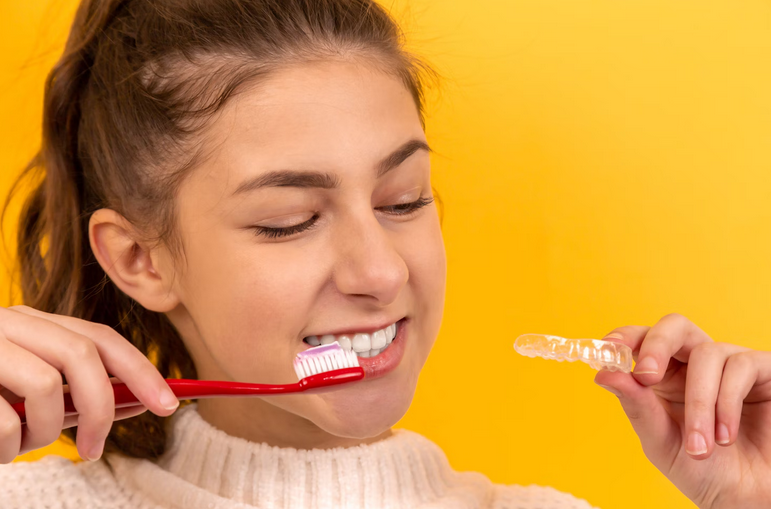
Your aligners might be doing the heavy lifting when it comes to straightening your teeth, but that doesn’t mean you can slack on your oral hygiene. Keeping your teeth clean when wearing aligners is more critical than ever. Plaque and bacteria can build up quickly, leading to bad breath and even tooth decay. Make sure to brush and floss regularly, especially after meals. This prevents food particles from getting stuck between your teeth and aligners, keeping your mouth fresh and healthy. If you’re out and about and don’t have access to a toothbrush, at least rinse your mouth with water before putting your aligners back in.
Switch Aligners on Time
Your orthodontist will give you a schedule for when to switch to your next set of aligners, and it’s crucial to stick to that timeline. Switching too soon can interfere with your treatment while switching too late can slow your progress. Set reminders on your phone or calendar to help you stay on track.
Check for Damage
Lastly, always check your aligners for any signs of damage, such as cracks or warping. If you notice anything unusual, contact your orthodontist right away. Continuing to wear damaged aligners could affect your treatment and your teeth, so it’s better to get a replacement sooner rather than later.
Caring for your clear aligners is a small effort with big rewards. By keeping them clean, storing them properly, and wearing them consistently, you’ll ensure that your treatment goes smoothly and that you achieve the stunning smile you’ve been working toward. Follow these simple tips, and you’ll be well on your way to easily maintaining your aligners and dental health.


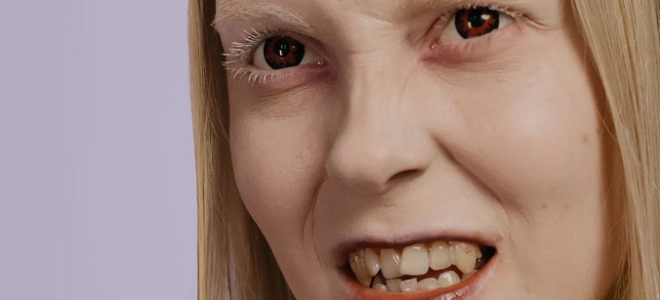
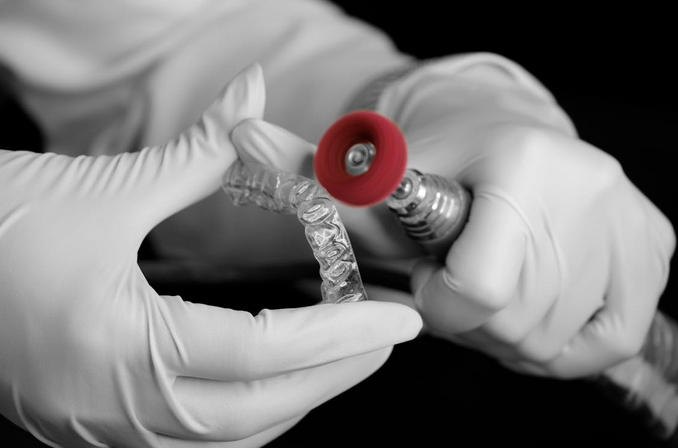


 We’ve all heard the phrase, “When you look good, you feel good.” This is especially true when it comes to your smile. A healthy, bright smile can make you feel more confident in social situations, work, or everyday interactions. On the flip side, it can take a toll on your confidence if you’re self-conscious about your teeth—whether it’s due to stains, crooked teeth, or other dental issues. You might avoid smiling in photos, shy away from speaking up in groups, or feel anxious when meeting new people. Regular dental check-ups, cleanings, and treatments to address cosmetic concerns can help you feel good about your smile and, in turn, more confident in your daily life.
We’ve all heard the phrase, “When you look good, you feel good.” This is especially true when it comes to your smile. A healthy, bright smile can make you feel more confident in social situations, work, or everyday interactions. On the flip side, it can take a toll on your confidence if you’re self-conscious about your teeth—whether it’s due to stains, crooked teeth, or other dental issues. You might avoid smiling in photos, shy away from speaking up in groups, or feel anxious when meeting new people. Regular dental check-ups, cleanings, and treatments to address cosmetic concerns can help you feel good about your smile and, in turn, more confident in your daily life. 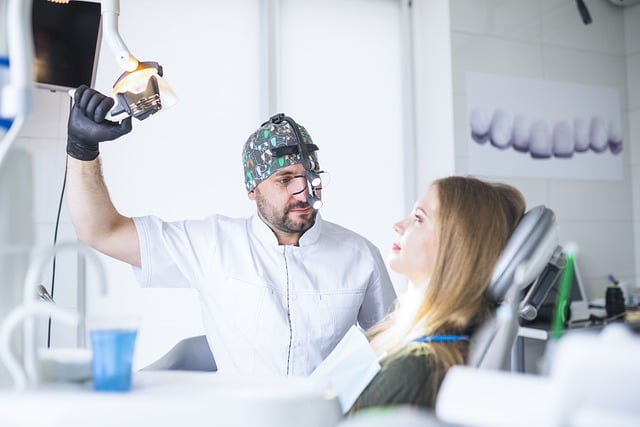
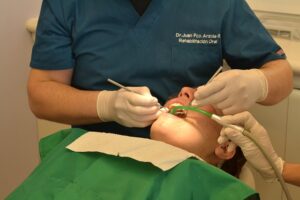 Did you know that the simple act of smiling can boost your mood? Research shows that smiling—even if it’s forced—can trigger the release of feel-good chemicals in your brain, like dopamine and serotonin. In other words, smiling can actually make you feel happier! But if you’re unhappy with the appearance of your teeth, you might not smile as much as you’d like. This can lead to a cycle where not smiling enough can actually affect your mood. A dentist can help address any dental concerns that might be holding you back from showing off your smile, allowing you to experience the positive emotional benefits of smiling more often.
Did you know that the simple act of smiling can boost your mood? Research shows that smiling—even if it’s forced—can trigger the release of feel-good chemicals in your brain, like dopamine and serotonin. In other words, smiling can actually make you feel happier! But if you’re unhappy with the appearance of your teeth, you might not smile as much as you’d like. This can lead to a cycle where not smiling enough can actually affect your mood. A dentist can help address any dental concerns that might be holding you back from showing off your smile, allowing you to experience the positive emotional benefits of smiling more often.
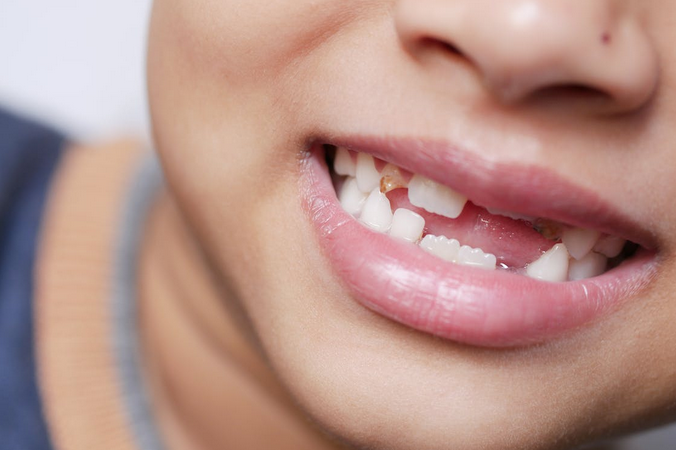

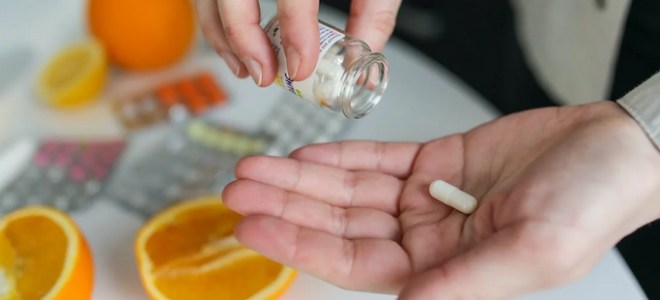



 When it comes to dental implants, there are certain risks and complications that patients need to be aware of. One such risk is nerve damage. Nerves in the jaw can sometimes be damaged during the implant placement process. Nerve damage can result in various symptoms, including numbness or tingling in the lips, tongue, or chin area. In some cases, patients may also experience difficulty speaking or eating properly due to the loss of sensation.
When it comes to dental implants, there are certain risks and complications that patients need to be aware of. One such risk is nerve damage. Nerves in the jaw can sometimes be damaged during the implant placement process. Nerve damage can result in various symptoms, including numbness or tingling in the lips, tongue, or chin area. In some cases, patients may also experience difficulty speaking or eating properly due to the loss of sensation.

 It’s crucial to follow the keto diet exactly because numerous
It’s crucial to follow the keto diet exactly because numerous 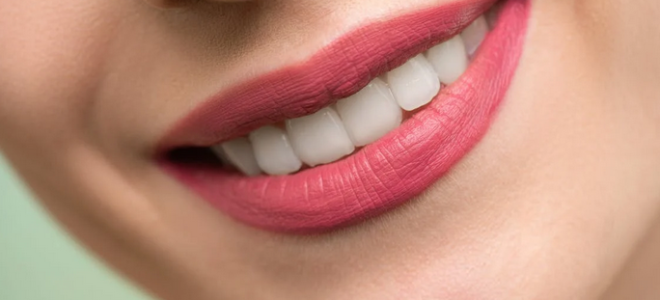

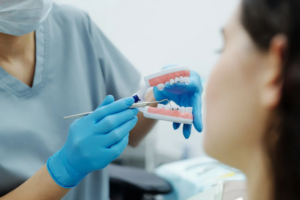 When fixing crooked
When fixing crooked 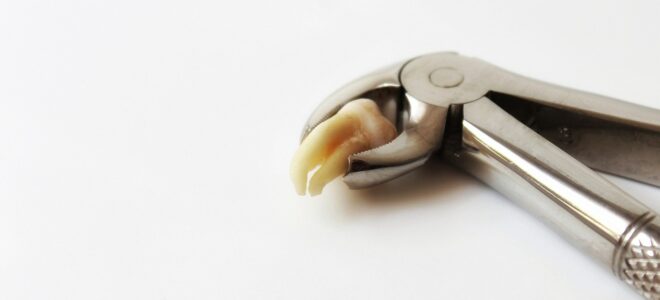
 Did you know that wisdom tooth extraction can prevent bigger issues? Wisdom teeth tend to be difficult to keep clean due to their location in the back of the mouth. This makes them prone to developing cavities or even becoming impacted, which can lead to greater oral health problems.
Did you know that wisdom tooth extraction can prevent bigger issues? Wisdom teeth tend to be difficult to keep clean due to their location in the back of the mouth. This makes them prone to developing cavities or even becoming impacted, which can lead to greater oral health problems.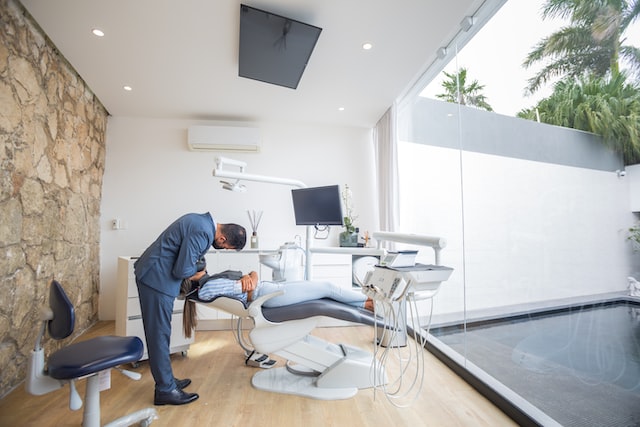

 Men are heavily dependent on testosterone, and as men get older, their testosterone levels begin to decline. This can lead to a whole host of health problems, including weight gain, depression, anxiety, low libido, and erectile dysfunction. If you think your hormone levels may be off, make an appointment with your doctor and check them out. You can get the
Men are heavily dependent on testosterone, and as men get older, their testosterone levels begin to decline. This can lead to a whole host of health problems, including weight gain, depression, anxiety, low libido, and erectile dysfunction. If you think your hormone levels may be off, make an appointment with your doctor and check them out. You can get the  One of the best things you can do for your health is to make
One of the best things you can do for your health is to make  Mental health is just as important as physical health, and yet it’s often overlooked. If you’re struggling with your mental health, make an appointment with your doctor or mental health professional. There are a number of resources available to help you get the help you need, so don’t hesitate to reach out for help.
Mental health is just as important as physical health, and yet it’s often overlooked. If you’re struggling with your mental health, make an appointment with your doctor or mental health professional. There are a number of resources available to help you get the help you need, so don’t hesitate to reach out for help.
 One of the most common reasons why you’re not losing weight is that you’re not getting enough sleep. When you don’t get enough sleep, your body doesn’t have the time it needs to recover from your workouts and repair itself. This can lead to weight gain, as well as other health problems.
One of the most common reasons why you’re not losing weight is that you’re not getting enough sleep. When you don’t get enough sleep, your body doesn’t have the time it needs to recover from your workouts and repair itself. This can lead to weight gain, as well as other health problems. Another reason you may not be losing weight is that you’re not drinking enough water. Water is essential for many processes in the body, including fat metabolism. When you don’t drink enough water, your body can’t function properly and you may start to gain weight. To avoid this, make sure you’re drinking eight glasses of water per day. You can also try adding a few slices of lemon or lime to your water for an added boost.
Another reason you may not be losing weight is that you’re not drinking enough water. Water is essential for many processes in the body, including fat metabolism. When you don’t drink enough water, your body can’t function properly and you may start to gain weight. To avoid this, make sure you’re drinking eight glasses of water per day. You can also try adding a few slices of lemon or lime to your water for an added boost.
 The first step in choosing the best supplements for your fitness lifestyle is determining your goals. What are you trying to achieve by working out and eating healthy? Are you looking to lose weight, build muscle, or improve your overall health? Once you know your goals, you can start researching which supplements will help you reach them.
The first step in choosing the best supplements for your fitness lifestyle is determining your goals. What are you trying to achieve by working out and eating healthy? Are you looking to lose weight, build muscle, or improve your overall health? Once you know your goals, you can start researching which supplements will help you reach them. One of the most important factors to consider when choosing supplements is price. You don’t want to overspend on something that might not even work. However, you also don’t want to go too cheap and end up with a product that doesn’t meet your needs. So, how do you find the perfect balance?
One of the most important factors to consider when choosing supplements is price. You don’t want to overspend on something that might not even work. However, you also don’t want to go too cheap and end up with a product that doesn’t meet your needs. So, how do you find the perfect balance?
 If you struggle to maintain your muscle mass or build new muscle, low testosterone could be the culprit. Testosterone is responsible for helping to build and preserve muscle tissue. So, if your levels are low, you may experience a decrease in muscle mass.
If you struggle to maintain your muscle mass or build new muscle, low testosterone could be the culprit. Testosterone is responsible for helping to build and preserve muscle tissue. So, if your levels are low, you may experience a decrease in muscle mass. Are you feeling tired all the time? Low testosterone levels could be to blame. Testosterone is responsible for regulating energy levels. So, when levels are low, you may feel fatigued more often.
Are you feeling tired all the time? Low testosterone levels could be to blame. Testosterone is responsible for regulating energy levels. So, when levels are low, you may feel fatigued more often.
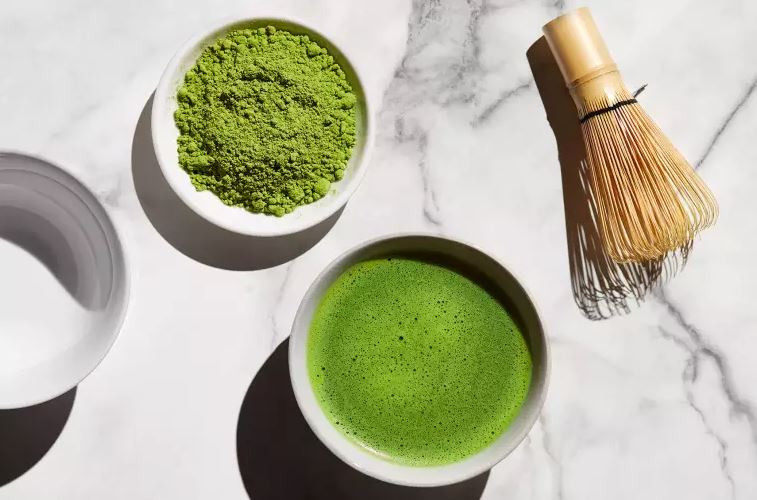 You should always visit specific websites to know their ingredients before buying weight loss pills. In this article, we will focus on the appetite suppressant that makes you feel full and stop the food cravings used by ancient cultures.
You should always visit specific websites to know their ingredients before buying weight loss pills. In this article, we will focus on the appetite suppressant that makes you feel full and stop the food cravings used by ancient cultures. Saffron exhibits positive effects by regulating mood by increasing the level of serotonin and endorphins.
Saffron exhibits positive effects by regulating mood by increasing the level of serotonin and endorphins.  Grapefruits contain volatile essential oils, beneficial acids, antioxidants, and enzymes that reduce appetite, stop food cravings, and stimulate the lymphatic system. It is amazing to know that by simply smelling grapefruit, the aroma gives a positive signal to the autonomic nervous signal of lipolysis and regulates appetite. Exposure to grapefruit essential oil for 15 minutes reduces appetite and mindful eating to control weight.
Grapefruits contain volatile essential oils, beneficial acids, antioxidants, and enzymes that reduce appetite, stop food cravings, and stimulate the lymphatic system. It is amazing to know that by simply smelling grapefruit, the aroma gives a positive signal to the autonomic nervous signal of lipolysis and regulates appetite. Exposure to grapefruit essential oil for 15 minutes reduces appetite and mindful eating to control weight.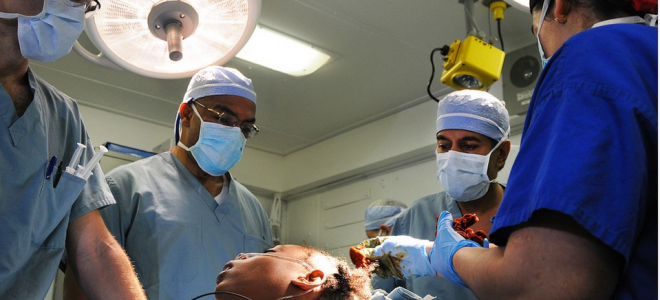
 Just as the name indicates, the port acts as a self-sealing portal made of silicone repeatedly punctured several times instead of the skin. It is connected to the catheter, a long tube that enables the fluids that patients are injected with to reach the bloodstream.
Just as the name indicates, the port acts as a self-sealing portal made of silicone repeatedly punctured several times instead of the skin. It is connected to the catheter, a long tube that enables the fluids that patients are injected with to reach the bloodstream.
 As stated before, there are various categories of CBD. If you have been reading about CBD oil on the web, you might have come across different CBD oil types. CBD oil can be classified into either three groups: full-spectrum, isolate, and broad-spectrum CBD oil. What differentiates these types of CBD oils is the ingredients present and the chemical composition.
As stated before, there are various categories of CBD. If you have been reading about CBD oil on the web, you might have come across different CBD oil types. CBD oil can be classified into either three groups: full-spectrum, isolate, and broad-spectrum CBD oil. What differentiates these types of CBD oils is the ingredients present and the chemical composition.